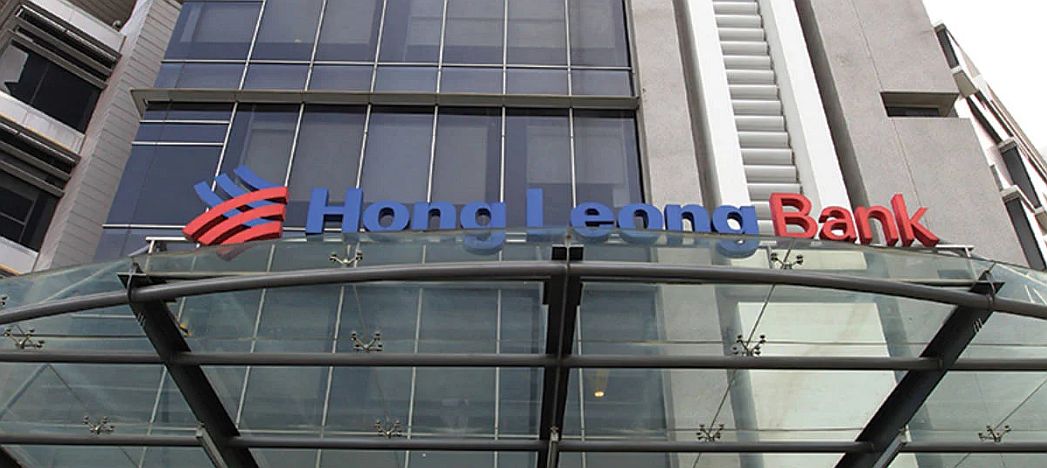Plenty of ink has been spilled by experts on the right way for businesses to own up to their mistakes, but not all companies heed the advice. Sometimes, however, they do.
Earlier this week, I wrote a piece criticising Hong Leong Bank for an issue that arose, ending with their refusing to credit my account with money which had been sent to me from the United States. They had not only refused to credit the money to my account but also returned it to the States because the sender’s name was different the name on the supporting documentation.
This might have been easier to understand if the payment was a one-off but it was exactly the same amount (right down to the US cent) that I receive every month, and furthermore, I was able to provide documentation showing where the money had originated and that it is my pension. So far, no one has been able to explain the reason for the sender’s name being different on the bank records – not even the company that sent me the money. Some suggested it may have been a glitch in the system or a clerical error.
A few people wrote me with their bad experiences with other banks, while one gentleman said he was very happy with the service he received from the Hong Leong branch in Kuantan. Another pointed out that I seemed to blame the front-line staff in the article, which he considered unfair as they were usually just following instructions.
On the latter point, I must clarify that I certainly do not blame the front-line staff and indeed often feel sorry for them, as the problem is rarely of their own making. It is true that if a customer gets angry, the staff is more likely to report it to their management who should hopefully check to find out where the problem lies as part of their ongoing responsibility to minimise such disruptions. Of course, not all management do this, and too many just ignore the customer.
During my 25 years with American Express, I had many occasions to deal with angry customers and try and pacify them. In most instances, the problem was far outside our control, but it made me very sympathetic to those front-line staff who have to deal with this as a regular occurrence.
When I was running American Express here in Malaysia, we offered free training to customer service staff in some government agencies and local companies. I recall sitting in on one of the classes, and when my staff, who was conducting the training, asked, “What do you do when a customer starts getting angry with you?” one of the girls attending said “Hang up on them.” When the trainer pointed out that it just meant the person would call back and be even angrier, she said, “Yes, but at least it’s not me taking the call.” Most of the people in the class agreed, which proved the training was worthwhile (or a waste of time, perhaps, depending on one’s perspective).
Over the years, Amex, like many companies in the US, started empowering their front-line staff to resolve problems and authorised them to take immediate remedial action to ensure a happy customer whenever it seemed reasonable. While that does not eliminate angry customers, it goes a long way to quickly handling problems, and has become standard practice for many American companies over the last couple of decades or so. There is nothing like an immediate and sincere apology coupled with the empowerment to resolve the problem to placate an irate customer.

And that is what happened to me. Yesterday, I was still raging about my treatment by Hong Leong, but today a senior executive of the bank called me, admitted they were at fault and agreed the matter could have been dealt with differently. He also told me that he had given instructions to credit my account with the funds. He never tried to give long excuses or shift the blame, just admitted they were in error and offered a satisfactory fix and it worked. I ended up thanking him.
Assuming it is in fact resolved, and I am sure it will be, then they have a satisfied customer. Problems always occur in business, but fixing them quickly – and where appropriate apologising for the error in the first place – goes a long way to removing all the bad vibes, and turning a dissatisfied customer into a much happier one.
"ExpatGo welcomes and encourages comments, input, and divergent opinions. However, we kindly request that you use suitable language in your comments, and refrain from any sort of personal attack, hate speech, or disparaging rhetoric. Comments not in line with this are subject to removal from the site. "























